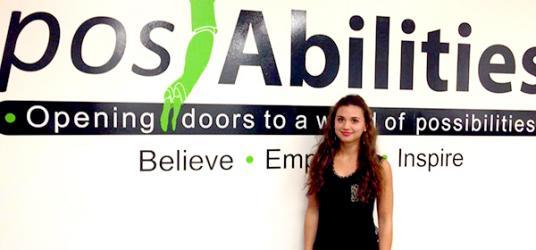
You can not imagine how many times I’ve heard the question: “Tell me about a time you…?” I have attended more co-op interviews in the last two years than I can count! At my current co-op, however, I’ve had the opportunity to sit on the other side of the interview process, observing a panel of HR professionals and program managers interview potential employees. The more interviews I sat in on, the more mistakes I noticed that I myself had made in the past. After each interview and further discussion with the recruiters, I gained insight into what employers really want to hear during the interview:
1. Tell Stories, but Don’t Be a Storyteller
If you haven’t learned the STAR approach for answering questions yet, you will today. STAR stands for describing the: Situation, Task, Action, and Result. In a behavioural interview, the employer will ask you to describe a situation where you either did something great (e.g. displayed leadership, performed well in a team, multitasked under tight deadlines) or when you had difficulties (struggled to communicate, received criticism from a supervisor , etc.). For these types of questions, describe the Situation you were in and the Task at hand (what you needed to accomplish in said situation), explain the Action that you took, and don’t forget to say what the concluding Results were; the outcome of your actions is equally as important. Did your project turn out to be a success? A failure? What did you learn for next time? All of these are valid results to share. Once you hit all the sections of the STAR approach, wrap it up and move on. No need to discuss unrelated information, as it will only waste your time and your employers (they have other things to do besides recruitment, trust me).
2. Plan Your Answers Ahead of Time
I had a co-worker once tell me that she created a spreadsheet with situations that occurred during her past jobs, and wrote them down in the STAR approach. There are tons of websites where you can find sample interview questions to think about how to answer them ahead of time. If situations applicable to answering these questions are written in front of you before you head to your interview, you’ll have a significant advantage recalling them.
3. Think Before You Speak
Nothing positive ever comes from blurting something out with no idea where you are going to go with it. When an employer asks you a question, it’s ok to take a few seconds of silence to think of your answer, and if your employer says you can skip a question and come back to it remember their offer and use it if necessary. Taking the time to process a question and analyze it will likely result in you giving a better answer than if you answered it quickly but didn’t fully satisfy what the question asked.
4. Be Human
It’s ok to smile and laugh under the right circumstances! If companies wanted to hire a robot, they would be testing machinery for your job instead. Showing personality is essential too. You are there to sell yourself, a person excited to have the opportunity to work for this organization, not a robot who will just do the work assigned and not be engaged with it. Your personality is the one thing that makes you unique from every other candidate.
So there you have it, SFU students, some tips that I have personally come across while being on the interview panel. If your interview doesn’t go as planned just remember: this will not be your last one and you’ve got so much more to learn and reflect upon. Good luck!













